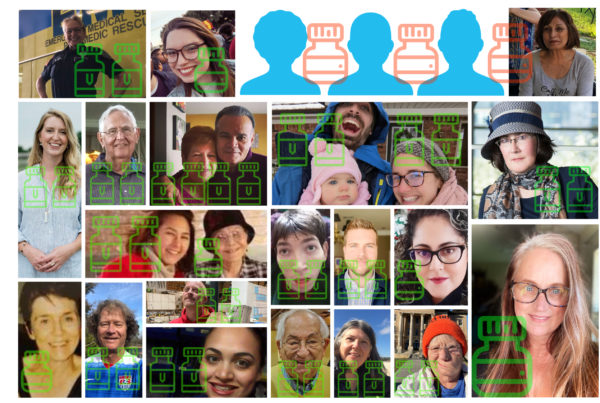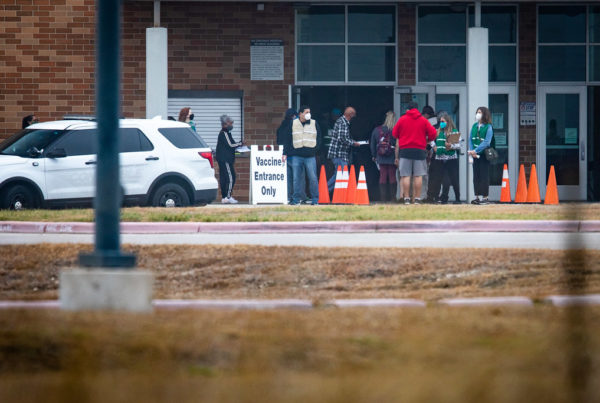Texas lawmakers are in the thick of the legislative session. But one of their primary tasks is going to be severely delayed.
Every 10 years, the Legislature redraws Texas’ political maps based on results from the decennial census. But census results are delayed until at least Sept. 30 because of the pandemic.
That means the Texas Legislature is surely headed for an autumn special session.
Michael Li, senior counsel for the Brennan Center’s Democracy Program, says delayed redistricting could also delay the 2022 elections since the political districts likely won’t be determined by the candidate filing deadline in December.
“This is going to be a redistricting cycle unlike any that Texas has seen before,” Li told Texas Standard.
Bills are already pending in the Legislature that would give the governor, lieutenant governor and the speaker of the House the power to move the March 2022 primaries to a later date – Li says possibly in May. He argues the extra time would allow lawmakers to go through the redistricting process more thoughtfully, and not rush, especially since there will most likely be legal challenges to any map changes.
“That is a fairly safe bet for Texas for five decades,” Li said. “Whether the maps were drawn under Democratic control or under Republican control, the maps have always been changed, at least in part by courts, because Texas has consistently failed to get it quite completely right.”
A more deliberate process is worth it, he says, for the sake of Texas voters – especially those who have been disenfranchised by previous political maps. Li said Texas has a “long history” of drawing maps that discriminated against communities of color, including its 2011 map that courts found violated the Voting Rights Act.
He says Texas can “get it right” early, even before the census data is available, by holding public hearings and listening to people’s concerns about redistricting.
If Texas doesn’t get it right the first time, Li says its political map may be up to the courts to decide, again.















